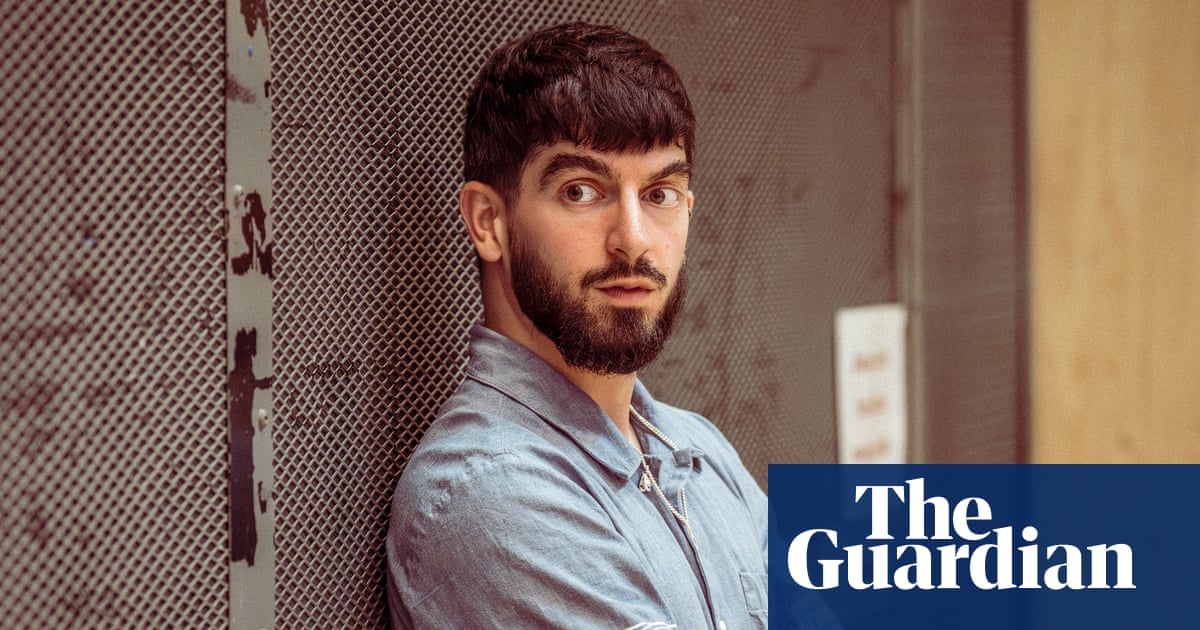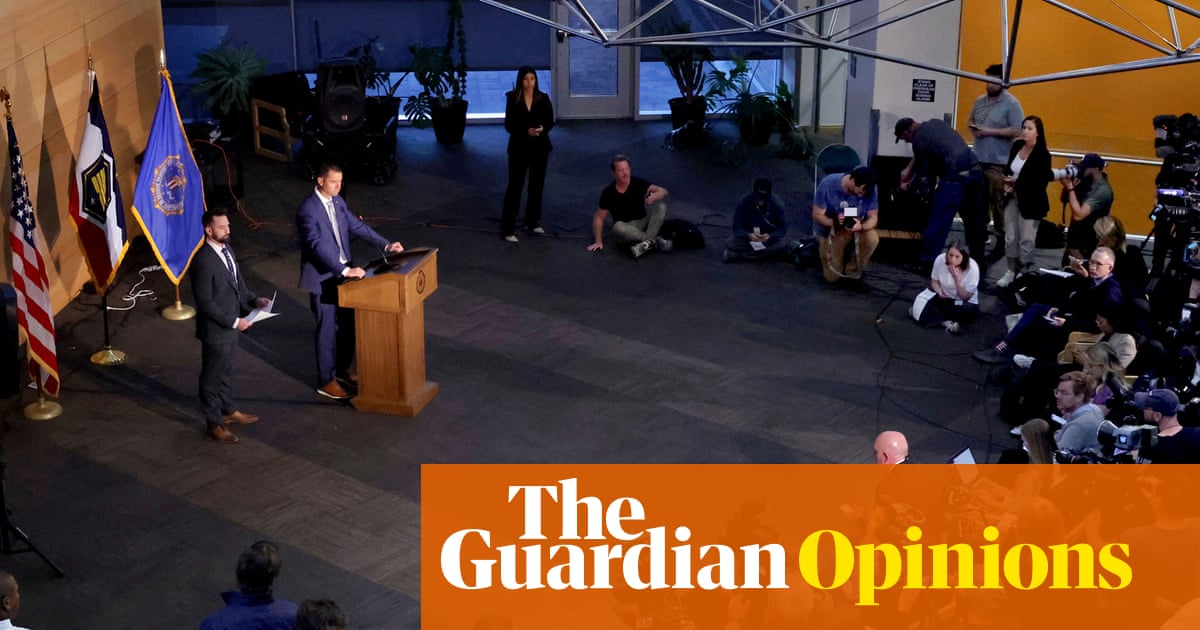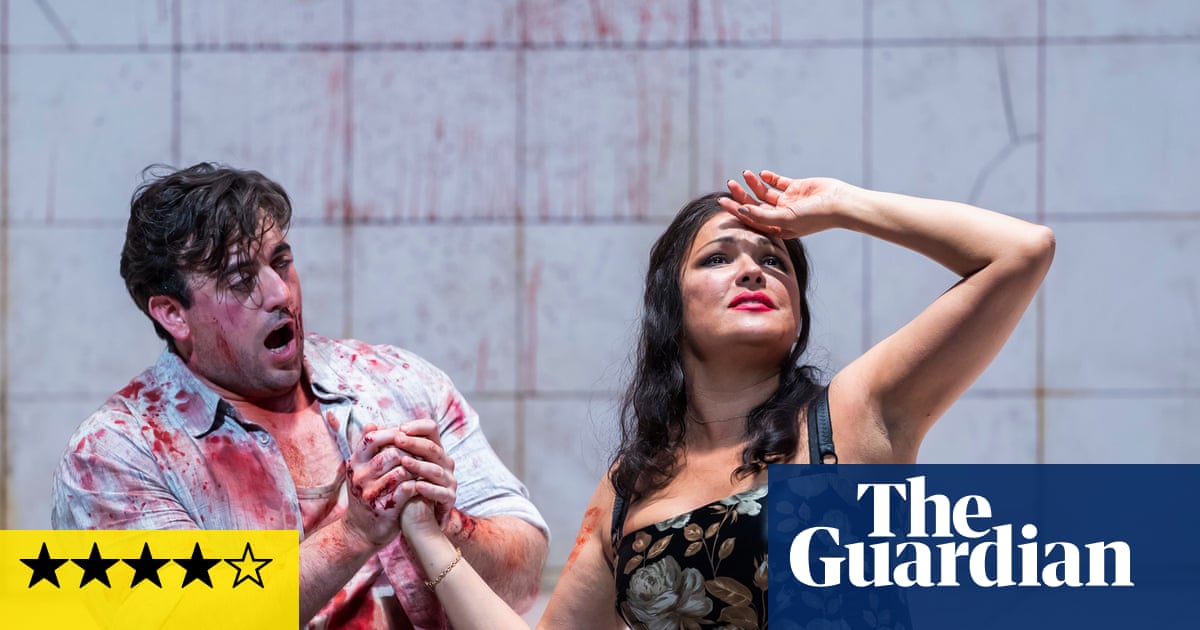When people seek therapy – and I know this, because I too was once a person seeking therapy – we often want strategies, techniques and tools for our toolboxes. We want to be asked questions and to know the answers; we want to ask questions and to be given answers. We believe that these are the things we need to build a better life.
Now that I am a patient in psychoanalysis, and I am a psychodynamic psychotherapist treating patients, I can see why my therapist needed to frustrate this desire, and offer me the opposite. What I wanted was to manage myself out of my emotions rather than feel them, to hack my life rather than live it – and that makes for a shallower existence, not a better one.
Meaningful therapy has helped me to understand that what I wanted was not what I needed. That my search for the right answer, born out of my conviction that there is a right way to do life, could only ever keep me stuck. I see now that this powerful treatment can offer something far more valuable than strategies: a fertile environment in which a mind can grow, so that a new space can open up between sensing an emotional experience inside you and having to get rid of it immediately. In this space, you can develop the capacity to tolerate something that previously was experienced as unbearable – and this gives you time to feel, to think and to respond with agency, rather than remaining a slave to your reactions.
This can be utterly transformative for our relationships, for our working lives, for our parenting and for our self-respect. It is not something we can try to do, it is not something someone can tell us how to do, it is not something we can read about in a newspaper article (even this one, I’m afraid). It is the outcome of a meaningful, sustained therapeutic relationship, and there is no shortcut.
The fact is that strategies, techniques and tools are all out there for you to find if you want them. A quick internet search will serve up more studies than you could possibly wish to read showing that exercise is good for your mental health; that mindfulness can help to manage stress (and there are plenty of apps for that); and that if it makes you feel good, you can buy as many adult colouring books, gratitude journals and weighted blankets as you wish (before you feel so weighed down by all your stuff that it’s time to de-clutter again). These things may or may not be helpful, but advice along these lines can also make a person feel worse, if what they really need is to address the underlying difficulties, anxieties, depressions and unconscious dynamics that rob them of the capacity to enjoy the good things in life.
Because the thing about building a better life is that it is at the same time incredibly complex and incredibly simple. (One consequence of good psychotherapy – and parenthood – is developing the capacity to recognise and feel two opposing truths at the same time.) In a therapy session, an almost imperceptible movement or sigh from a patient might, when attention is directed towards it, open up a fascinating seam of memories and associations that reveal buried pain and love and heartbreaking assumptions about themselves, which developed in their mind in childhood out of compelling family dynamics and have continued to imprison them for their entire lives. And once these knotty, complex dynamics have been excavated and understood, and the feelings trapped within have been allowed expression, then the cell door can open, and as well as pain and anger and longing and other feelings, all sorts of beautifully simple things become possible. The blissful feeling of warm sunshine on your face. The colours in a David Hockney painting. The deliciousness of a chocolate Hobnob. The heart-swelling sound of a toddler laughing – yours or someone else’s. The pleasure of exchanging a nod with a stranger who has also gone for a walk in the park. The joy of watching one of the greatest films of all time.
Which brings me to my final point. We have to acknowledge that good therapy can be difficult to find (though there is plenty of information at bpc.org.uk). And if you live in an area where psychotherapy is, outrageously, not available on the NHS, or about to be cut, then it can be expensive (though there are low-fee schemes available at the Institute of Psychoanalysis and the British Psychotherapy Foundation, and elsewhere too). It may also be that this kind of therapy might not be useful to you at this moment. And, as I have written previously, good therapy takes time, and there are periods in our lives when that time may not be available to us.
Fortunately, there is something else that can help. Here is the one strategy, technique and tool I have found that really does work – the answer to almost any question.
Watch Midnight Run.
And if you have already watched this exquisite 80s comedy with Robert De Niro, Charles Grodin and Yaphet Kotto, then watch it again.
And when you have watched it, find someone else who has watched it – it may be that the greatest value of the internet lies in its facility to connect people who have watched Midnight Run – and swap your favourite quotes and scenes with them.
And then make a cup of tea and dunk a chocolate Hobnob in it and eat it.
You’re welcome.
Moya Sarner is an NHS psychotherapist and the author of When I Grow Up – Conversations With Adults in Search of Adulthood

 3 months ago
43
3 months ago
43

















































